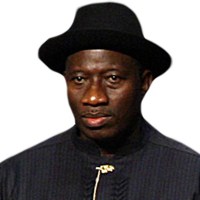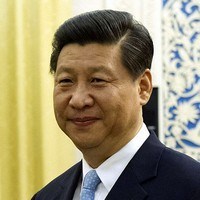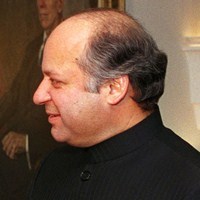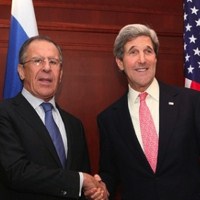
The termination of the European Union embargo on providing military equipment to Syria’s rebels, combined with renewed efforts in the U.S. Congress to goad the Obama administration into providing arms to the anti-Assad opposition, suggests that the West will soon become more directly involved in aiding the fight against the regime of Syrian President Bashar al-Assad. The shift comes despite the near absence of domestic support in any NATO-member country for inserting troops directly into the fighting, and with concerns that establishing and enforcing any sort of no-fly zone over Syrian airspace might expose Western aircrews to unacceptable levels of […]
















